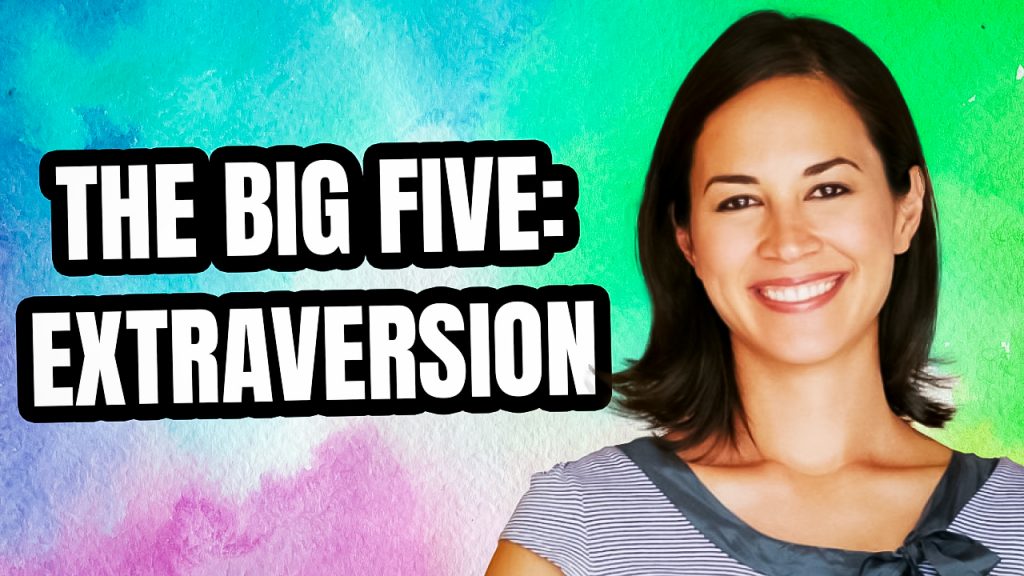The Big 5: Extraversion

Extraversion is one of the five major personality traits commonly referred to as the “Big Five.” It
is characterized by a person’s outgoing nature, sociability, and willingness to take risks.
Individuals who score high on the extraversion scale are typically talkative, confident, and
assertive. They enjoy being the center of attention, meeting new people, and engaging in social
activities.
There are several different ways that extraversion can manifest in individuals. For example,
some people are more outgoing and enjoy socializing with large groups of people, while others
prefer to socialize with a smaller group of close friends. Additionally, some people may enjoy
taking risks and trying new things, while others prefer to stick to familiar routines and avoid
change.
One of the key characteristics of extraversion is that individuals who score high on this trait tend
to derive energy from social interactions. This means that they are more likely to feel energized
and stimulated when they are in the company of others, as opposed to feeling drained or
exhausted. Conversely, individuals who score low on the extraversion scale may find social
interactions to be draining and may prefer to spend time alone in order to recharge.
Another important aspect of extraversion is that it is closely linked to a person’s level of
assertiveness. Assertiveness refers to a person’s ability to stand up for themselves and express
their opinions and needs in a clear and confident manner. Individuals who score high on the
extraversion scale are typically more assertive and confident in their interactions with others,
while those who score low may struggle to express themselves or assert their boundaries.
Despite the many positive aspects of extraversion, there are also some potential drawbacks to
this trait. For example, individuals who are highly extraverted may be more prone to engaging in
risky behaviors or impulsivity. Additionally, they may struggle to focus on tasks that require
concentration and may find it difficult to spend extended periods of time alone.
In terms of how extraversion develops, it is believed to be influenced by a combination of
genetic and environmental factors. Research has shown that there is a heritable component to
extraversion, meaning that a person’s genes can play a role in determining their level of
extraversion. However, environmental factors such as upbringing, socialization, and life
experiences can also shape a person’s personality over time.
One of the key benefits of understanding the concept of extraversion is that it can help
individuals to better understand themselves and their interactions with others. For example, if a
person scores high on the extraversion scale, they may be more likely to thrive in social
situations and may benefit from seeking out opportunities for social interaction in order to feel
energized and engaged. Conversely, if a person scores low on the extraversion scale, they may
benefit from finding ways to recharge their energy through alone time or activities that don’t
require a lot of social interaction.
In addition to helping individuals understand themselves, understanding extraversion can also
be helpful in a range of different contexts. For example, employers may use personality
assessments that measure extraversion in order to identify candidates who may be well-suited
for positions that require a high level of social interaction, such as sales or customer service.
Similarly, educators may use personality assessments to identify students who may benefit from
different types of learning environments, such as those that involve more collaborative or
independent work.
Overall, extraversion is a complex and multifaceted trait that can have both positive and
negative impacts on a person’s life. By understanding the nature of extraversion and how it can
manifest in different individuals, we can gain a deeper understanding of ourselves and others,
and learn how to navigate the complexities of social interaction more effectively.
This Post is Brought To You By BetterHelp